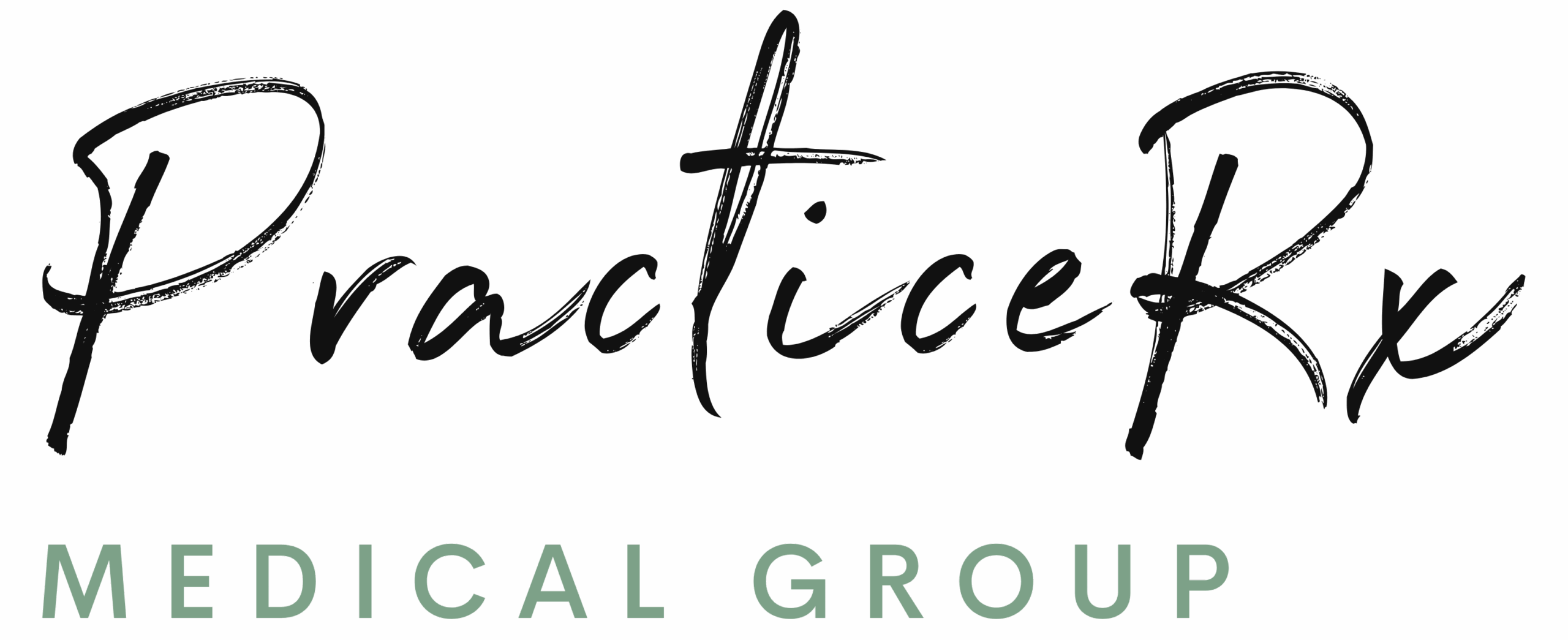
Addressing Low Libido, Arousal, and Fertility in Women
Women's Clinic | Scottsdale, Arizona (Online | Onsite)
Sexual health challenges in women are common but often under-discussed. Some women feel desire but struggle with physical arousal or orgasm, while others experience low libido altogether. Conditions such as vaginal dryness, hormonal imbalance, or psychological stress can reduce satisfaction and impact relationships.
While treatments like localized estrogen therapy or lubricants can relieve vaginal discomfort, they don’t fully address underlying hormonal or emotional causes. A multifaceted approach—combining lifestyle improvements, hormone optimization, targeted medications, and counseling—can create more consistent and lasting results.
Treatments for Boosting Libido, Arousal, and Fertility

Hormone Therapy for Women
Estrogen Therapy
Low estrogen (common after childbirth, during perimenopause, or menopause) can lead to vaginal dryness, painful intercourse, and low libido. Localized estrogen creams or vaginal rings can restore comfort and support sexual function.
Progesterone and DHEA
Supplementing with DHEA may help increase energy levels, improve emotional well-being, and heighten sexual responsiveness
Testosterone Therapy (in women)
Very low-dose testosterone therapy can sometimes be prescribed to boost libido, particularly for postmenopausal women.
Have Questions? Ask the Doctors for Free.
Oxytocin
Known as the “bonding hormone,” oxytocin can enhance intimacy, trust, and emotional connection, helping strengthen desire and satisfaction. While not directly a fertility treatment, it often promotes a healthier and more fulfilling sex life.
Flibanserin (Addyi) and Bremelanotide (PT-141)
Flibanserin (Addyi): Taken daily, it works on brain chemistry to increase desire in premenopausal women with low sexual desire.
Bremelanotide (PT-141): Functions by influencing the brain’s pathways, helping to increase desire and improve arousal when taken as needed.
Fertility-Specific Medications
- Clomiphene Citrate (Clomid): Stimulates ovulation by increasing FSH and LH production, often a first-line treatment for infertility.
- Letrozole (Femara): Another ovulation-inducing medication, sometimes used in women who don’t respond well to Clomid.
- hCG (Human Chorionic Gonadotropin): Supports ovulation and proper timing for conception.
Lifestyle Adjustments
When women understand how hormonal balance, mental health, and daily habits interact, they can make more informed decisions about their sexual wellness and reproductive goals.
Psychological and Emotional Factors
Anxiety, depression, relationship conflict, and performance pressure often play a bigger role than women realize. Sexual challenges can quickly become cyclical—anticipating discomfort or lack of arousal creates tension, which further reduces desire. Counseling, sex therapy, or couples therapy can be pivotal for breaking these cycles and improving intimacy.
Role of Hormonal & Cardiovascular Health in Sexual Function and Fertility

Blood flow and hormone regulation are critical to vaginal lubrication, arousal, and egg health. Conditions like high blood pressure, high cholesterol, or diabetes can reduce genital blood flow, leading to arousal difficulties. Hormonal imbalances (estrogen, progesterone, thyroid, prolactin, testosterone) can impair both sexual health and fertility. At PracticeRx, we evaluate labs—including hormone panels, cardiovascular markers, and blood sugar—to identify hidden obstacles.
Combining Therapies for Best Results
Women often benefit from a customized mix of therapies. For example:
A woman with painful intercourse and low libido may need localized estrogen for vaginal health plus PT-141 for desire.
Another woman struggling with infertility might respond best to Clomid or letrozole while also engaging in counseling to reduce stress and improve intimacy.
By targeting hormones, circulation, fertility, and emotional health together, outcomes are more meaningful and sustainable.
Setting Realistic Expectations

Whether the goal is increased libido, enhanced arousal, or improved fertility, progress takes time. Hormonal treatments and fertility medications often require weeks to months for full effect. For fertility, ovulation cycles and egg development typically follow monthly rhythms, so persistence and ongoing monitoring are key.
Have a Concern?

Communication & Education
Women often hesitate to discuss sexual concerns due to stigma or embarrassment. Creating an open, supportive environment is crucial. Understanding how hormones, emotional health, and lifestyle factors intersect empowers to actively seek better direction for for both sexual health and fertility.
Holistic, Patient-Centered Approach
Sexual wellness and fertility are deeply interconnected with physical and emotional health. Our process begins with a thorough evaluation—hormonal, physical, and psychological—followed by a personalized plan that may include hormone therapy, Addyi, PT-141, fertility medications, lifestyle guidance, and counseling.
The essential takeaway: Women’s sexual health and fertility are multidimensional. Whether the primary challenge is low desire, arousal difficulties, or conception, a comprehensive, integrative approach not only enhances intimacy but also boosts confidence, energy, and overall well-being. When you’re ready to discuss your situation, our doctors are hear for you 7 days a week.
